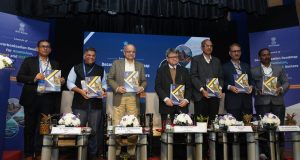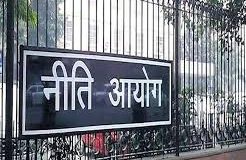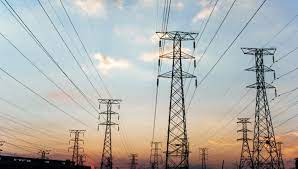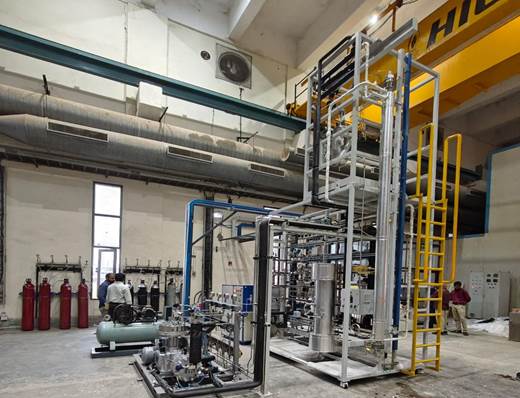The NITI Aayog and the United States Agency for International Development (USAID) organized the first workshop on development of the India Energy Modelling Forum (IEMF), which has been envisaged as a pan-stakeholder platform for debating ideas, scenario-planning & discussing the India’s energy future.
The two-day workshop, being held with the support of the Pacific Northwest National Laboratory (PNNL), was organized under the Sustainable Growth Pillar of the India-U.S. Strategic Energy Partnership. The inaugural session of the workshop was chaired by Dr Rajiv Kumar, Vice-Chairman, NITI Aayog and Mr Mark A. White, Mission Director, USAID India.
The IEMF seeks to provide a platform for leading experts and policy makers to study important energy and environmental issues and ensure induction of modelling and analysis in informed decision making process. The Forum aims to improve cooperation and coordination between modeling teams, the Government of India, knowledge partners and think-tanks, build capacity of Indian institutions, and identify issues for joint modeling activities and future areas of research.
The workshop featured eight expert sessions which saw discussions around the various aspects of setting up an India-centric energy modelling platform.
Discussions on energy modelling in India and the world explored how energy modelling can play an important role in decision-making. The panelists particularly laid focus on bridging the rural-urban divide and factoring in energy pressures from the informal economy within models. There was a need expressed to ensure that holistic perspective of energy consumption and ground realities must be inducted to produce practical and feasible energy models, converging land and water use patterns within energy models.
Deliberations included a spotlight on how the impact of the evolving character of India’s cities, industries and especially the transport sector should be included in the any India-centric models. The shift towards electric mobility, an increasing emphasis on mainstreaming of renewable energy options and overarching environmental concerns were also stated as key factors for determining India’s energy future.
The session featuring representatives of key central government ministries laid special emphasis on ensuring social, environmental and economic costs of energy production and consumption are accurately calculated to future-proof decision making and policy planning. The workshop included extensive discussions about the framework of an India Energy Modelling Forum and its institutional, coordination and funding mechanisms.
The workshop was attended by various Central Ministries and Agencies including Ministry of Housing & Urban Affairs, Ministry of Environment, Forest and Climate Change, Ministry of Petroleum and Natural Gas, Ministry of Road Transport & Highways, POSOCO, Bureau of Energy Efficiency, Central Electricity Authority and TIFAC; international organizations such as the European Commission, International Institute of Applied System Analysis, GIZ, DFID, EDF etc; leading Indian research institutions (CEEW, TERI, CSTEP, IRADe, PRAYAS, IIM Ahmedabad, NIT Bhopal etc.) and energy sector experts.
 Indian Industry Plus A Pratisrutiplus Suppliment
Indian Industry Plus A Pratisrutiplus Suppliment

















